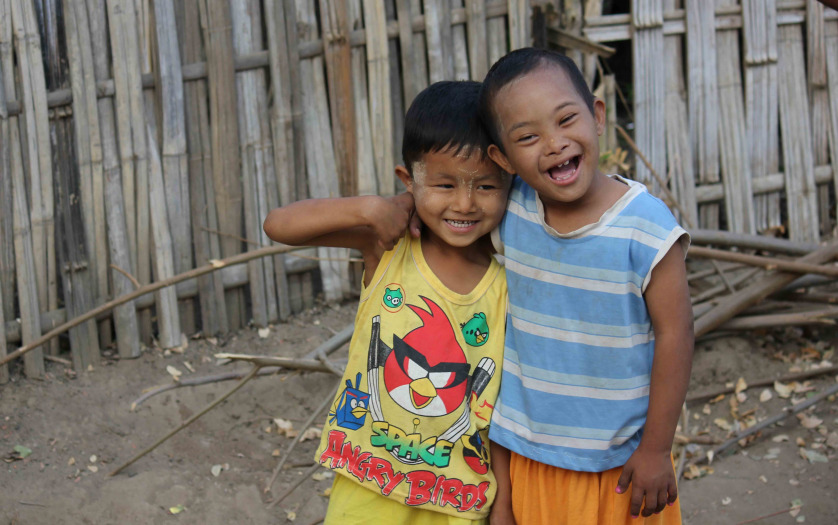
The European Union has announced US$ 25.7 million to support UNICEF’s child protection programme in Bangladesh over the next four years. The project will give over 10 million children access to social services, and will empower children to claim their rights. The initiative has a special focus on adolescents and on children with disabilities.
“This is an unprecedented investment in the realization of child rights in Bangladesh. Children have been hardest hit by the COVID-19 pandemic, and this generous contribution from the European Union comes at such a critical juncture. It will help ensure that children whose needs are the greatest have equal opportunities and equal access to critical services,” said Tomoo Hozumi, UNICEF Representative in Bangladesh.
Bangladesh has developed inclusive policies and programmes for marginalized children. At the same time, crucial equity gaps remain, particularly for children living with disabilities. In Bangladesh, children living with disabilities are the least likely to receive healthcare or go to school. They face disadvantages and deprivation at home and in their communities.
“As families struggle to overcome challenges exacerbated by the COVID-19 pandemic, we must invest now to build the safety nets needed for children and adolescents to reach their full potential and to contribute to their society in the future,” said Maurizio Cian, Head of Cooperation, Delegation of the European Union to Bangladesh.
In the World Disability Report published in 2011, WHO and the World Bank estimate that 1 billion people or 15 per cent of the world’s population experience some form of disability. About 80 percent of people with disability live in developing countries.
The initiative will strengthen protection systems, policies and legislation in support of children and adolescents, including those living with disabilities, living in hard-to-reach, disaster-prone and disadvantaged areas, and those living on the streets. UNICEF will work closely with the Ministry of Women and Children Affairs, the Ministry of Social Welfare and other partners to strengthen basic social services for marginalized children. At the same time, disadvantaged children and adolescents will be given opportunities to become change agents in their own communities, with skills to challenge harmful social norms and discriminatory practices.








